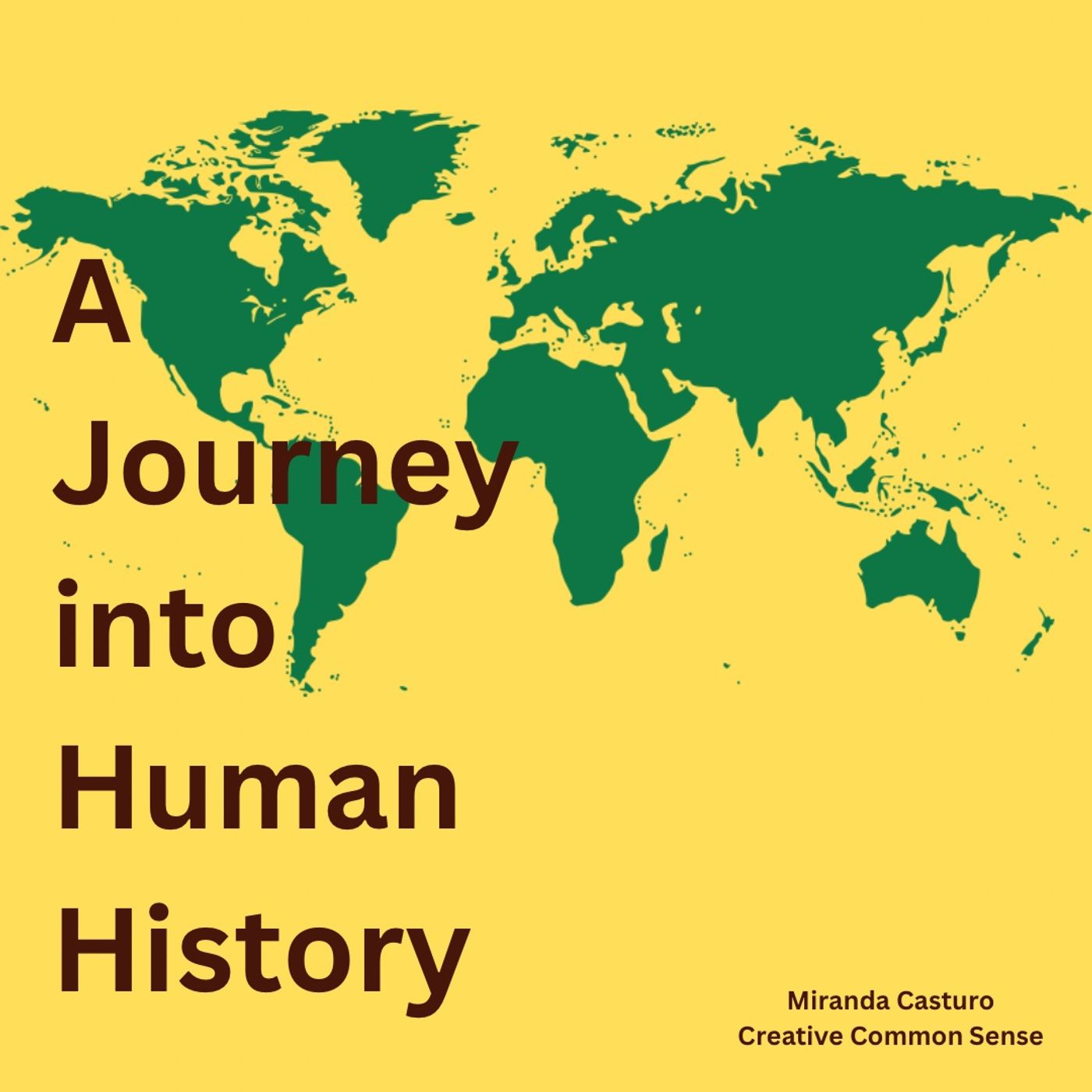Chinggis Khan and the Early Mongol Empire
Description
Chinggis Khan ruled the Mongol Empire for twenty-one years. In that time, he established a law code, the yassa, that he hoped would allow his seminomadic people to live in harmony. He saw the people living in settled areas, such as the Xi Xia, Jin, and Khwarazmians, as a source of wealth and tribute. The empire changed enormously during Chinggis Khan’s reign, becoming more inwardly peaceful but also much more materialistic in its tastes. The military changed as well, becoming a sophisticated war machine capable of surprise attacks and deadly sieges.
Chinggis Khan’s son Ogedei steered the empire toward his father’s vision of a united people, overseeing a peaceful Eurasia-wide exchange of goods and collection of taxes, and he expanded the empire to make it happen. Equally important, Ogedei undertook the development of the bureaucracy and infrastructure necessary to support trade on a large scale. Due to Ogedei’s lack of foresight in planning for succession, however, the reign of Chinggis Khan’s grandson Mongke marked the end of a united Mongol Empire. When Mongke’s brother Kublai succeeded him as great khan, the empire was beginning to divide into those who preferred the old nomadic ways and those who had adopted a settled lifestyle of wealth and trade.
All images referenced in this podcast can be found at https://openstax.org/books/world-history-volume-1/pages/14-2-chinggis-khan-and-the-early-mongol-empire
Welcome to A Journey into Human History.
This podcast will attempt to tell the whole human story.
The content contained in this podcast was produced by OpenStax and is licensed under a Creative Commons Attribution License.
Access for free at https://openstax.org/books/world-history-volume-1/pages/1-introduction
Podcast produced by Miranda Casturo as a Creative Common Sense production.
More Episodes
Over the course of the eighteenth century, a series of famines and economic crises deepened wealth inequality and narrowed access to political power on both sides of the Atlantic. As the growing influence of the public sphere and Enlightenment ideas of equality and liberty shaped opposition to...
Published 12/25/23
Published 12/25/23
Over the course of the seventeenth and eighteenth centuries, the public sphere became an increasingly important component in the spread and development of Enlightenment ideas. As networks of informal socialization and intellectual exchange, coffeehouses provided a setting in which people from all...
Published 12/22/23


